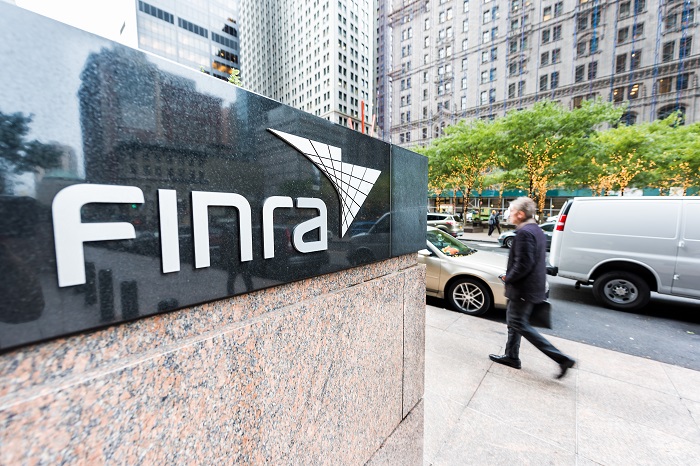The Court of Appeal of California, Second District, recently denied a petition for writ of mandate on the merits, concluding that California Labor Code section 229 did not exempt the plaintiff loan processor's wage claim from arbitration.
Posts published in “Arbitration & ADR”
8th Cir. Holds Defendants May Simultaneously Move to Strike Class Allegations and Compel Arbitration

The U.S. Court of Appeals for the Eighth Circuit recently reversed a trial court's decision and remanded for entry of an order striking the plaintiff's class action allegations and compelling arbitration.
The U.S. Court of Appeals for the Second Circuit recently affirmed a trial court’s denial of a motion to compel arbitration in a putative class action lawsuit under the federal Telephone Consumer Protection Act.
The U.S. Court of Appeals for the Sixth Circuit recently held that a bank services agreement and its subsequent amendments were invalid to the extent that they materially changed the terms of the original agreement.
The Court of Appeal of the State of California, Fourth Appellate District, recently affirmed a trial court’s order denying the defendant’s motion to compel arbitration.
The U.S. Court of Appeals for the Ninth Circuit recently affirmed an order compelling arbitration, even though the arbitration clause contained a class action waiver and an anti-joinder provision, and dismissing a putative class action brought against the operator of a smartphone app offering financial services to its customers.
The Court of Appeals of the State of California, Fourth Appellate District, recently held that an arbitration provision contained in a credit card agreement was unenforceable because it sought to bar a customer from pursuing “in any forum” his claim for a public injunction.
The Massachusetts Superior Court, Business Litigation Session, recently denied a broker-dealer’s motion to vacate a Financial Industry Regulatory Authority (FINRA) arbitration award requiring it to pay attorneys’ fees to its former employees, holding that the parties’ mutual request for attorneys’ fees in an arbitration can provide the requisite legal basis for an award of attorneys’ fees.
The Northern District of Illinois recently denied a broker’s motion for a temporary restraining order and a preliminary injunction against the Financial Industry Regulatory Authority (FINRA) seeking to stop a scheduled remote arbitration hearing.
The Massachusetts Supreme Judicial Court recently affirmed a lower court’s denial of a debt collector’s motion to compel arbitration, holding that the defendant had failed to provide “clear and definite” evidence of the parties’ intent that it benefit from the arbitration provision at issue.
In an action by a lender and its affiliate to recover insurance proceeds for defense costs of a federal qui tam action and indemnification for the resulting settlement, the New York Court of Appeals recently held that an arbitration panel can reconsider an initial determination, or “partial final award,” so long as the determination or award does not resolve all of the issues submitted for arbitration.
The U.S. Court of Appeals for the Fifth Circuit recently affirmed a trial court’s order compelling the arbitration of an employee’s federal age discrimination claim against a financial institution employer, holding that the trial court correctly found that there was a meeting of the minds between the employee and the employer as required to form the arbitration agreement.











